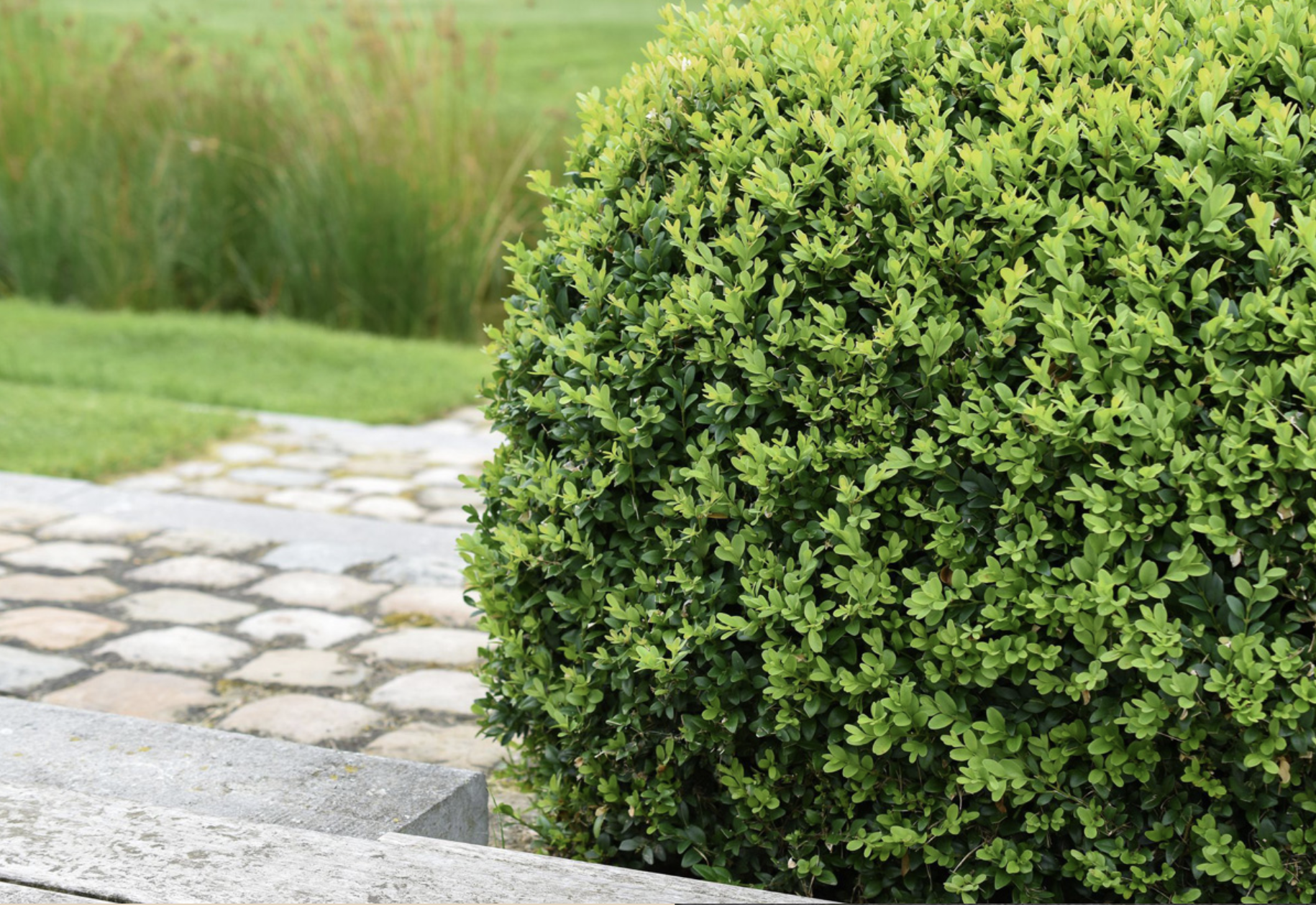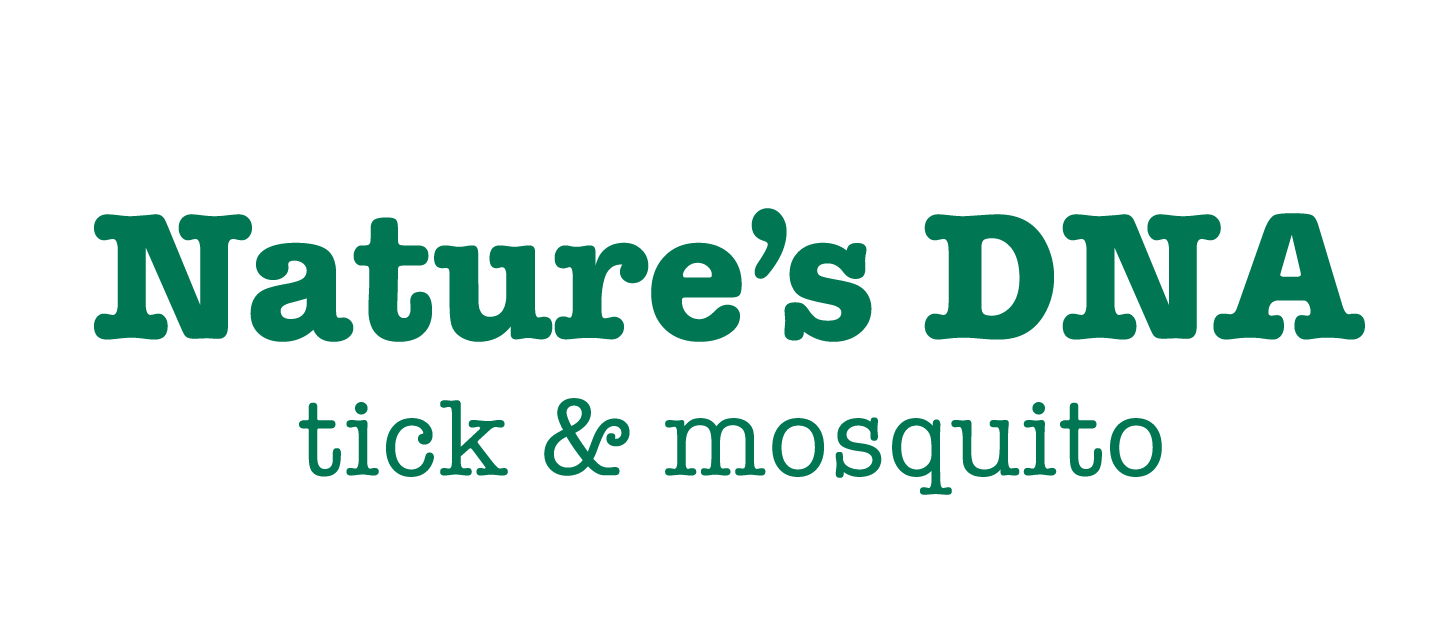
Say goodbye to pesky ticks and mosquitos in the beautiful Hamptons.
We provide top-notch spraying services to keep your outdoor space free from unwanted guests.
The rising threat of lone star tick bites in New York sparks an urgent call for safety measures.
Alpha-gal syndrome, a tick-borne illness carried by Lone Star ticks, can cause a potentially life-threatening allergy to red meat.
Our Services
Active Season:
Tick Control
We suggest spraying for ticks every month during the active tick season of April through November. Our tick spray safely and effectively creates an invisible barrier that repels and eliminates ticks on contact. By implementing a monthly service, you can ensure that the tick population never has a chance to grow, minimizing the risk of tick-borne diseases for you, your family, and your pets.
Contact our team to schedule an appointment or request additional information.
Off-Season:
Tick Control
Due to the high deer population and warmer winter weather, ticks have become a year-round problem on the east end. We can prevent new colonies from forming in your yard by implementing an effective barrier treatment that eliminates ticks before they can harm you and your family. Our technicians spread the treatment into your shrub beds and yard perimeter where it will slowly dissolve and kill adult ticks throughout the off-season as they emerge from their winter hiding spots.
Mosquito Control
Get rid of mosquitoes with our premier spraying service. Enjoy mosquito-free evenings while protecting your family and pets from the harmful diseases they can carry. Our licensed technicians use state-of-the-art equipment and eco-friendly insecticides to eradicate mosquitoes. We tailor our services to your needs and provide a detailed plan for your property. Our mosquito control solution targets breeding areas for long-lasting protection.
We also offer party and special event spraying services. Don’t let the presence of bothersome pesks ruin your special day. Contact us today to reclaim your outdoor space.
New York has the highest number of confirmed Lyme Disease cases nationwide.
Our own backyard, Suffolk County, is ground zero.
FAQs
-
Protect your family and pets from dangerous diseases. Tick-borne diseases are an ever-present threat, causing distressing health complications. Each year, countless individuals fall victim to the consequences of these microscopic assailants. From Lyme disease to Rocky Mountain spotted fever, these ailments can wreak havoc on the human body. The intricacy of tick-borne diseases lies within their ability to silently sabotage the human system. Often transmitted through a simple tick bite, these illnesses can manifest in various forms, disguising themselves amidst an array of symptoms. Many of the diseases, such as Lyme disease, are incredibly debilitating if early intervention is not taken. Misdiagnoses, delayed treatment, and the persistence of symptoms create a traumatic battle that is too often repeated. The burden of an illness that remains widely misunderstood adds an additional layer of frustration. Which is why dealing with the tick population on your property is the most proactive course of action.
-
Ticks can be more than just an annoying outdoor nuisance; they can also pose serious health risks. As the outdoors beckon, it's crucial to equip yourself with the knowledge and tools to stay tick-free. Our comprehensive guide will arm you with effective strategies and tips to avoid these pesky parasites.
1. Dress Appropriately: When venturing into tick-prone areas, choose light-colored, long-sleeved shirts, pants, and high socks to make it easier to spot and prevent ticks from attaching to your skin.
2. Apply Tick Repellent: Safeguard yourself with an effective tick repellent. Apply it generously on exposed skin before heading outdoors, ensuring that you cover all vulnerable areas.
3. Perform Regular Tick Checks: Establish a routine of performing thorough tick checks on yourself, your family, and pets after spending time outdoors. Pay special attention to hidden areas like armpits, groin, and scalp, as ticks love to hide in these warm, hard-to-see spots.
4. Create Tick-Free Zones: Take preventive measures to deter ticks from infesting your living space. Trim tall grasses, remove leaf litter, and create a barrier between your yard and potentially tick-infested areas by using gravel or wood chips.
5. Protect Your Pets: Keep your furry friends safe by using tick-prevention products made specifically for pets. Regularly groom them to spot and remove any unwanted hitchhikers.
6. Be Mindful of Outdoor Activities: If you enjoy hiking, camping, or gardening, be cautious when navigating through tall grasses or wooded areas. Stick to marked trails, avoid brushing against vegetation, and use tick-repellent gear, such as hats with built-in neck coverings or tick-resistant clothing.
7. Tick-Proof Your Home: Take preemptive measures by regularly checking your clothing, gear, and pets for ticks before entering your home. Immediately wash and dry clothes on high heat to kill any lurking ticks.
8. Stay Informed: Stay updated on the prevalence of ticks and tick-borne diseases in your area. This knowledge will help you take appropriate precautions and seek prompt medical attention if needed.
By implementing these simple yet effective tick-proofing strategies, you can confidently enjoy the great outdoors while keeping yourself and your loved ones safeguarded from these tiny nuisances. Remember, prevention is key when it comes to tick bites!
For more helpful information, review New York Parks & Recreation Tick Guide.
-
Not only are mosquitos irritating, they are notorious for transmitting diseases including the potentially paralyzing West Nile virus. Spraying your yard forms a protective barrier that reduces the mosquito population, decreasing the likelihood of encountering these disease-carrying insects.
Mosquitoes not only target humans but our furry friends as well. They are the only way heartworms, dangerous and potentially fatal cardiovascular parasites, can be transmitted.
-
Click on the links below for product information and details:



